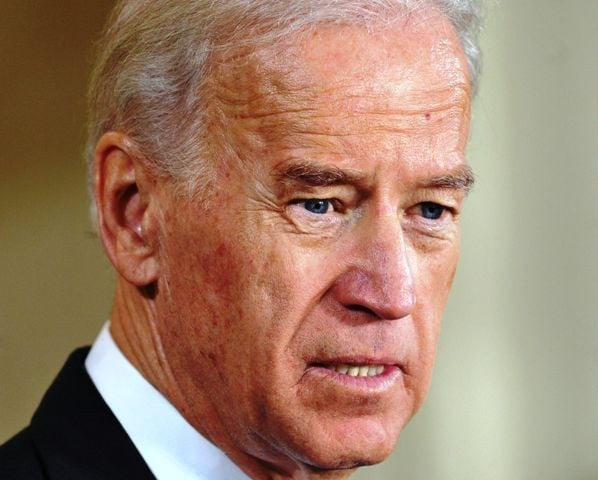US urges Iraq 'dialogue' to head off political crisis
US Vice President Joe Biden makes calls to Iraqi leaders urges them to mend fences.

US Vice President Joe Biden, President Barack Obama's pointman on Iraq, made a flurry of calls to Iraqi leaders this weekend, urging them to mend fences after Prime Minister Nuri al-Maliki, a Shia, accused Sunni Vice President Tareq al-Hashemi of running a death squad staffed by bodyguards.
In calls to Maliki on Sunday and to Kurdish leader Massud Barzani on Saturday, Biden "exchanged views ... on the current political climate in Iraq and reiterated our support for ongoing efforts to convene a dialogue among Iraqi political leaders," the White House said in a statement.
Biden also offered condolences after a spate of attacks in Baghdad on Thursday that killed over 60 people.
The strikes and the growing political row have heightened sectarian tensions just a week after the last US soldiers of a force that once numbered 170,000 left Iraq, drawing the nine-year war to a close.
Hashemi -- holed up at an official guesthouse of Iraqi President Jalal Talabani in the country's autonomous Kurdish region after an arrest warrant was issued against him -- has acknowledged that his guards may have carried out attacks but denied any personal involvement.
Asked if he would return to Baghdad to face trial, the 69-year-old Hashemi told AFP: "Of course not," attributing his refusal to poor security and the alleged politicization of the justice system.
Hashemi's Iraqiya bloc, part of Maliki's national unity government, has boycotted parliament and the cabinet in protest at the prime minister's alleged centralization of power.
Hashemi, who left the Iraqi army in 1975, has been vice president since 2006. As part of a power-sharing deal after March 2010 elections, Hashemi retained the post, and is one of two vice presidents, along with Khudayr al-Khuzaie, a Shia Muslim.
The New York Times, citing senior US administration officials, reported that the United States is weighing a far more subdued role in Iraq and has no intention to send US troops back to the country.
But it quoted one administration official as saying the future security and diplomatic relationship with Iraq would be "colored" by how well Maliki holds together a governing coalition that includes Sunnis and Kurds.
The newspaper also noted that US commandos may be able to operate in Iraq on covert CIA missions like the one that killed Al-Qaeda leader Osama bin Laden in Pakistan in May.
"As the US military has drawn down to zero in terms of combat troops, the US intelligence community has not done the same," it quoted a senior administration official as saying.
"There are serious counterterrorism issues that confront Iraq ... And we don't want to let go of the very solid relationships we have built over the years to share information of importance to both countries."



















COMMENTS
Comments are moderated and generally will be posted if they are on-topic and not abusive.
For more information, please see our Comments FAQ